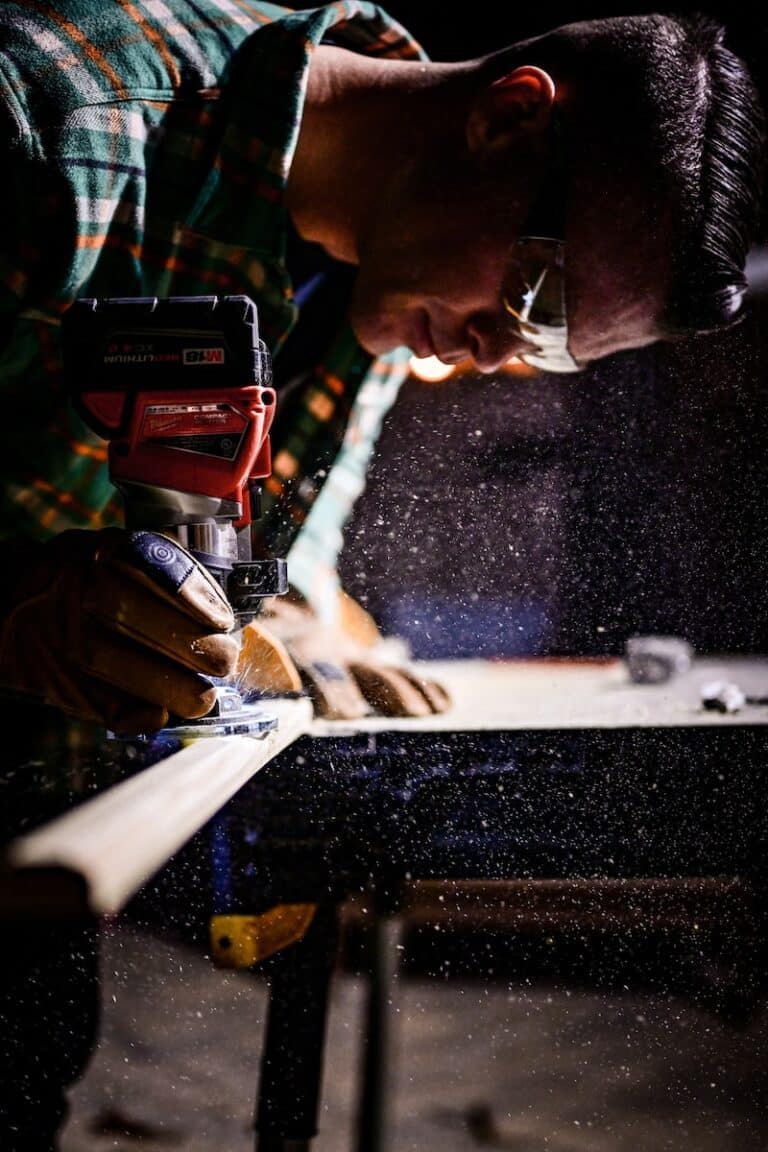From experience, I can tell you that not getting a permit when you need one is costly. Items that are not correctly permitted can lower your property value at the time of sale. What buyer wants to buy something that may or may not have been done correctly?
Take the advice of a real estate agent and pay the little extra that a permit will cost. It will probably pay for itself in the end.
1. Fences
The old saying that, “Good fences make good neighbors,” is as true now as ever. Fencing in your yard can be one of the best additions to your property. A well designed and installed fence can increase privacy, add home value and may give you that nostalgic “White Picket Fence” look. Just make sure the dream does not become a nightmare. Which would you prefer to do? Make a few calls to the building inspector to check on what size of fence you can install, having the proper set, and paying for a permit, or building it and being told you have to take it down because it is not up to code. Many towns and cities have stringent codes about fence height and material, some homeowner associations as well. You might even want to double check surveys. You wouldn’t want to build a fence on your neighbor’s property in error, would you?
2. Water Heaters
Sometimes the things that look the simplest are the worst DIY projects. Water heaters fit that example. The job appears simple to do. Turn off the energy source, disconnect the water intake and output, maybe a flue pipe. However, if done wrong, this can be extremely dangerous. From gas explosions, and carbon monoxide poisoning to electrical fires, the hazards of improperly installed water heaters are severe. No one should put themselves or their families at risk to save a few dollars. All water heater installation requires a permit, and it is suggested you use a licensed plumber to perform the work.
3. Sheds and Outbuildings
You want a shed. You go to one of those big box hardware stores and buy one already made. They come and drop it off on your property. What could be easier? The issue is that many states, cities, and counties don’t see it that way. They have specific specifications regarding sheds. It is to your advantage to make sure you are in the clear before you spend your hard earned money. Fines are usually more than permits.
4. Garages
With the popularity of Air BNB’s, as well as the increasing senior population in our country the desire to convert a garage to living space is higher than ever. Maybe you just want that extra space as a home office, a spare bedroom or a home gym; it makes no difference. Even if you have all the skill and tools to DIY, you may have to get permission and a permit from inspectional Services and the local Housing Authority.
5. Decks
Adding a deck or a porch can create a great outdoor living space, and it will add value to your home. Without checking on a permit, it can give you a lot of headaches as well. There are structural and safety codes that must be adhered to. Do you know how high that railing should be? This and other technical data will probably be included along with your permit. Don’t skip this critical step.
6. Floor Plans
Want to change the layout of your home, eliminate a wall. Create a new doorway? Expand a closet or get rid of one. If it involves the layout of your home, you need a building permit. Many people believe this is only true of a load bearing wall. You need a permit regardless even for the dinky closet in the small room.
7. Windows and Doors
You walk through one of those big box stores, the doors and windows are on display. They are ready-to-install. They look simple enough. Out with the old and in with the new.
The thing they do not tell you in the stores is that those doors and windows may or may not conform to your local building codes. There very tight regulations about ventilation and light. These determine code standards regarding window and door frames. Before you start to change them, check to ascertain if you need a permit and get copies of the building codes.
Checking with your local permit office is a good idea before any DIY on your home is started. The people who work in these offices are not the enemy. They are public servants that work very hard to ensure that you are I are safe in our dwelling, workplaces and job sites. I have found that if you treat these civil service employees with dignity and respect, you will almost always receive service that is superior to what you will get elsewhere.



